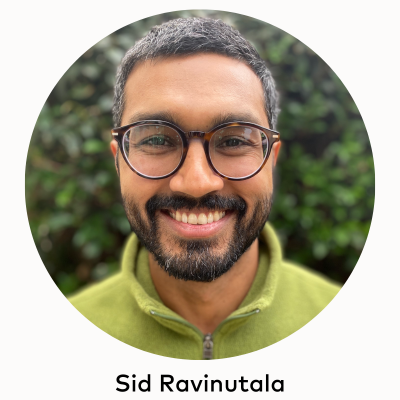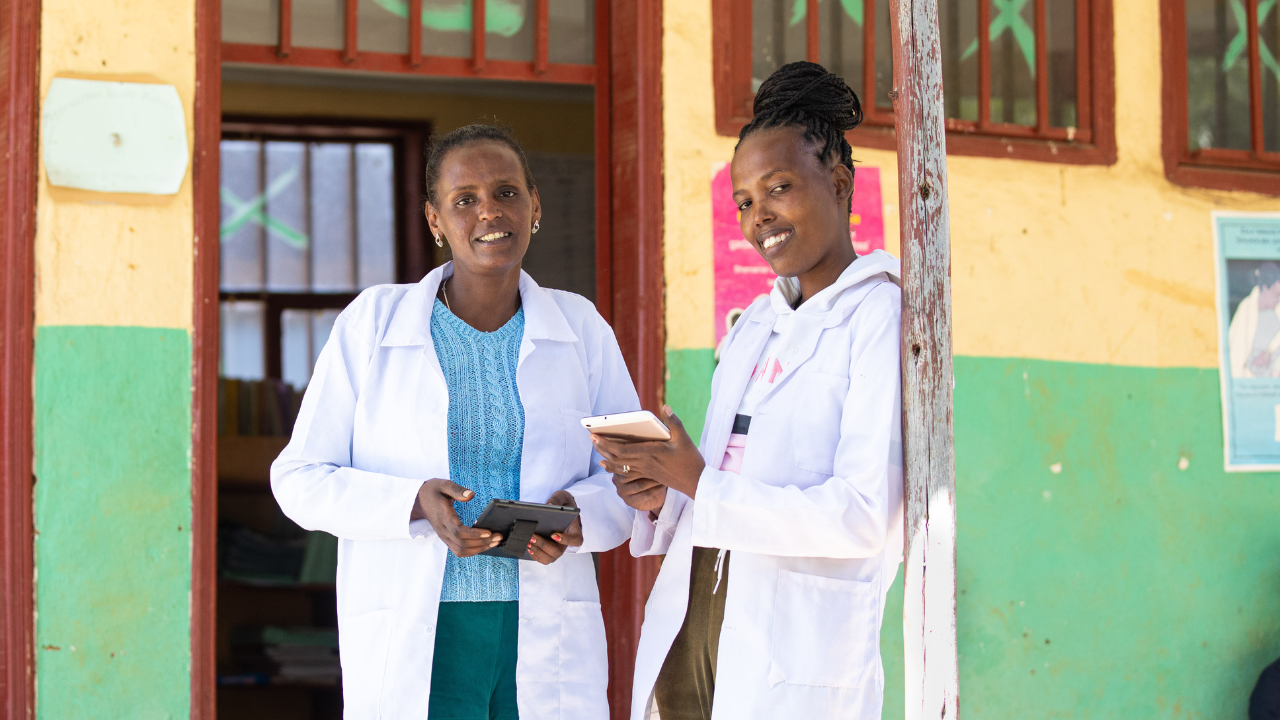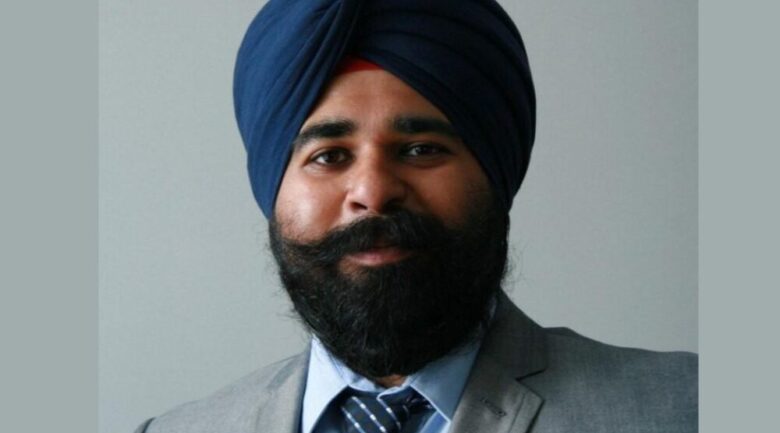And in December, IDinsight was one of five companies that won Mastercard’s Center for Inclusive Growth and data.org’s Artificial Intelligence to Accelerate Inclusion Challenge, a global call for AI solutions that advance inclusion and economic empowerment. Each winning company received $200,000 to develop and scale its solution as well as technical expertise and mentorship from the data.org and Mastercard teams. It will help IDinsight and Last Mile Health turn their concept of an AI-assisted health care workforce into a reality.
Pivoting to more local decisions
IDinsight was created 15 years ago to help policymakers and NGO leaders make evidence-based decisions. It has evolved to include empowering decision-makers at all levels, from government officials to community health workers. This is IDinsight’s second foray, after the South Africa MOMConnect platform, into using AI to help improve the overall care of patients.

“Over time, we rethought who a decision-maker can be,” says Sid Ravinutala, the organization’s chief data scientist. “We moved from a high-powered, single individual to the full community health worker workforce. Multiple times a day, they are making decisions about what treatments a person should receive, whether they should be referred to a higher-level health center — decisions that not only impact the specific patient but can also impact an entire family or village.”
By focusing on the power of data to inform smaller, more frequent decisions made by individuals on the ground, IDinsight and Last Mile Health are hoping to ensure Ethiopians receive better health outcomes, including lowering maternal mortality, earlier diagnosis of diseases and reducing unnecessary referrals to hospitals.
“All of that not only will improve health outcomes but also will lower costs and reduce strain on hospital systems,” Ravinutala says.
Catalyst for change
The plan is to pilot HEP Assist at all 10 existing call centers. This includes a case management system and a question-answering service trained on comprehensive Ethiopian Ministry of Health guidelines. The community health workers call into center agents, who can ask the AI to do things such as connect a list of seemingly random symptoms to come up with an accurate diagnosis or determine whether a patient needs to be referred for specialized or emergency care.
In addition to helping workers on the frontlines, call center agents also are learning new AI skills, which should lead to more efficient and effective work processes as well as new career pathways, Ravinutala says.
“AI replaces tasks, not jobs,” he says. “These kinds of opportunities where you are helping highly skilled knowledge workers just be more effective is where I see AI being most useful. It’s designed to augment, not replace, the critical role of community health workers.”
The long-term plan is to provide community health workers with direct access to the AI tool through mobile devices. The tool’s natural language capabilities make it easy to train new users to ask the sorts of questions that get good results.
Both organizations want to adapt and scale the program to help community health workers in other countries across sub-Saharan Africa and potentially even in other parts of the world.
“Once we build a solution for Ethiopia, it can be rolled out in Malawi, in Uganda, in Kenya — and suddenly it becomes a widely available open-source tool,” Ravinutala explains. “I’m excited about enabling the entire community health worker ecosystem globally.”




